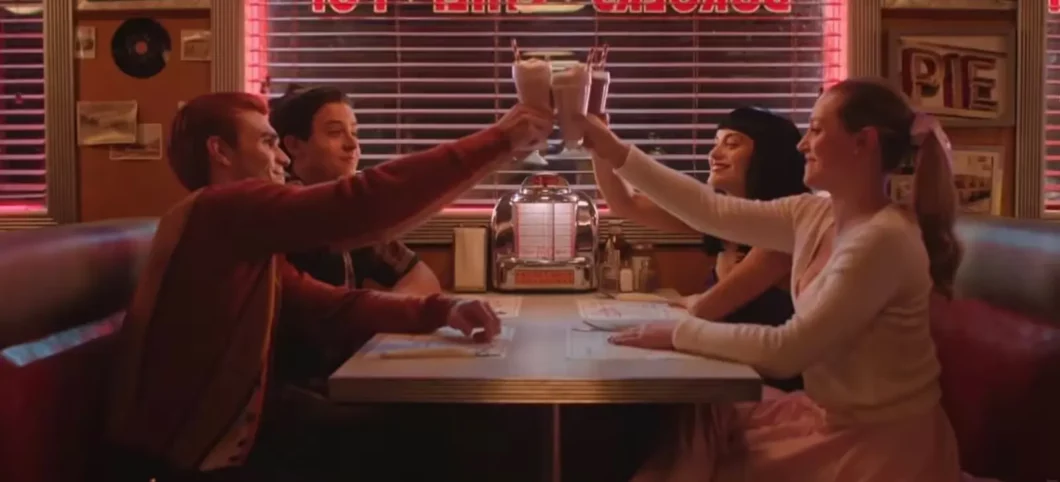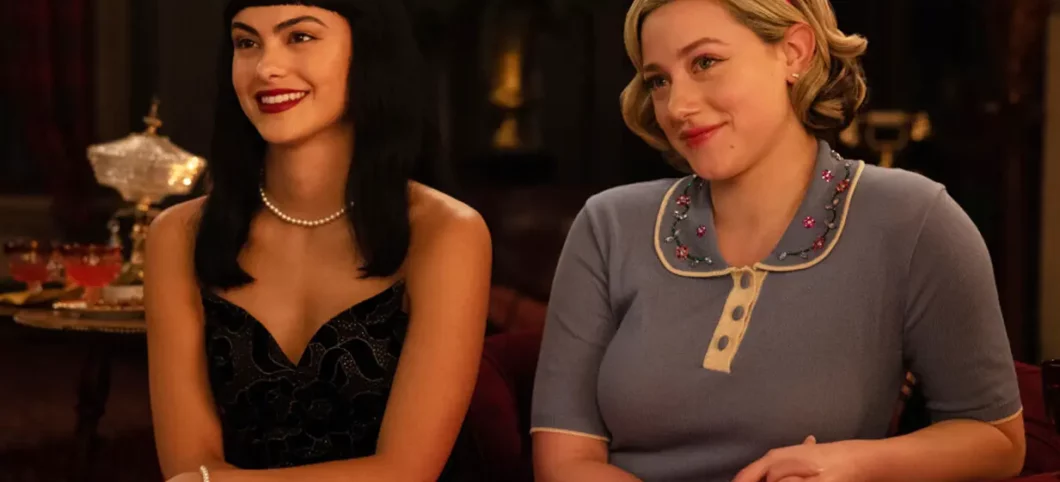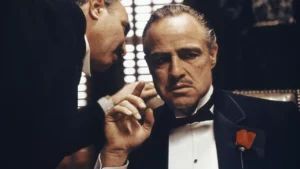
The journey of Riverdale has been a rollercoaster ride of twists, turns, and jaw-dropping moments that have kept viewers on the edge of their seats. From its inception, the show set out to redefine the teen drama genre by infusing it with a mix of mystery, romance, and suspense. As the series approaches its finale, there’s a sense of both excitement and uncertainty among fans. Throughout its run, Riverdale has been known for its willingness to break from convention, embracing the absurd and the unpredictable. The question on everyone’s mind is whether the final episode will deliver an ending that’s equally daring or if it will play it safe and provide a more conventional closure.
Unraveling the Endgame of Riverdale: Character Conclusions
The conclusion of any long-running series is a pivotal moment that holds the potential to either satisfy or disappoint its dedicated audience. Unfortunately, Riverdale’s finale leans toward the latter, particularly when it comes to resolving the characters’ arcs. What should have been a moment to tie up loose ends and provide a sense of closure instead feels rushed and superficial. The show’s creators opt for concise expositional dialogues that inform the viewers of the characters’ post-graduation destinies, but fail to truly encapsulate their growth and evolution. This lack of meaningful resolution is especially felt for characters who have been with us since the beginning, as their stories end with little more than a passing mention. Despite the intricate web of relationships, mysteries, and conflicts that wove through the series, the ending seems to disregard the need for a satisfying payoff.
The Betrayal of Supporting Characters: A Dismissal of Fates
Throughout its seven-season run, Riverdale introduced a multitude of supporting characters who played significant roles in shaping the narrative and adding depth to the world. These characters, often fan favorites, deserved resolutions that matched their contributions. Yet, in the final episode, their fates are dealt with carelessly, almost as an afterthought. Off-screen deaths and scant explanations diminish their importance and render their stories less impactful. The decision to sideline characters who have become beloved over the years not only ignores their potential but also neglects the connection viewers have formed with them. The series’ reluctance to provide a comprehensive farewell to these characters feels like a missed opportunity to honor their presence in the show’s universe and leaves fans feeling unsatisfied.
Betty’s Spotlight In Riverdale Finale: An Imbalance of Focus
In a curious narrative decision, the show’s finale heavily centers around Betty’s story, relegating the other core characters to the background. This uneven focus raises questions about the intent behind the ending and whether it reflects a creative favoritism. While Betty’s journey is undoubtedly significant, Riverdale was always an ensemble-driven series that thrived on the interactions and developments of multiple characters. By funneling most of the emotions and conclusions through Betty’s perspective, the show risks alienating its audience who have grown attached to the ensemble cast. This skewed approach diminishes the impact of other characters’ resolutions, leaving viewers wondering why certain arcs were given more attention than others.

An Empty Culmination Of Riverdale: Reflecting on the Show’s Legacy
As the curtain falls on Riverdale, it’s an opportune moment to consider the legacy the show will leave behind. While Riverdale may not be celebrated for its adherence to conventional storytelling norms, its legacy is undeniable. The show’s propensity for audacious storytelling, absurd twists, and over-the-top drama carved a distinctive niche in the television landscape. It offered a unique blend of escapism, camp, and suspense that resonated with a specific audience. In an era where shows often strive for realism, Riverdale stood out by embracing the surreal and the fantastical. Its unintentional humor, memorable moments, and iconic lines became a source of entertainment for audiences who revealed in both its highs and lows.
The Cast’s Redemption: Talent Amidst Chaos
Throughout its tumultuous run, one constant was the impressive talent of the cast. KJ Apa as Archie Andrews, Lili Reinhart as Betty Cooper, Camila Mendes as Veronica Lodge, Cole Sprouse as Jughead Jones, Madelaine Petsch as Cheryl Blossom, Casey Cott as Kevin Keller, and Vanessa Morgan as Toni Topaz—all these actors infused their characters with depth, bringing credibility even to the most outrageous storylines. Their commitment to their roles elevated the material and lent authenticity to a show that often straddled the line between reality and fantasy.
The cast’s ability to navigate through the show’s ever-changing tone and erratic storytelling showcased their versatility. KJ Apa’s portrayal of Archie’s journey from a high school heartthrob to a determined young adult was a testament to his growth as an actor. Lili Reinhart’s nuanced performance captured Betty’s struggles with identity, family, and the darkness within her. Camila Mendes breathed life into Veronica’s transformation from an entitled socialite to a resilient entrepreneur. Cole Sprouse’s portrayal of Jughead provided a contemplative and sometimes cynical perspective on the events unfolding in the town of Riverdale. Madelaine Petsch’s Cheryl Blossom evolved from an enigmatic mean girl to a character with profound vulnerabilities.
A Guilty Pleasure Legacy: Remembering Riverdale
As Riverdale bows out, it leaves behind a legacy that’s as unique as the show itself. For many viewers, the show was a guilty pleasure—a source of entertainment that was both captivating and bewildering. It became a cultural phenomenon not just for its storytelling, but also for its meme-worthy moments, passionate discussions, and self-aware humor. The fandom that emerged around the show’s unpredictability and quirks became an integral part of its legacy. While it’s easy to criticize the show’s flaws, it’s important to acknowledge that Riverdale found its own distinct place in television history by daring to be different.
The Movie Culture Synopsis
Riverdale, with its nonsensical plot twists and often bewildering character developments, has left a mark on television history that defies easy categorization. Its ending, while not outright offensive, mirrors the show’s overarching tendencies—a mix of confusion, intrigue, and a touch of disappointment. The anticlimactic nature of the series finale could be attributed to the show’s erratic nature throughout its run. With a plethora of storylines that often veered off course and characters whose potential was never fully realized, it’s not entirely surprising that the final chapter would feel disjointed and underwhelming.
As the show fades into the annals of television history, it’s likely that Riverdale will be remembered as a curious phenomenon—an example of how a series can captivate, confound, and ultimately leave viewers grappling with the aftermath of its eccentric journey. The legacy of Riverdale might not be one of critical acclaim or narrative coherence, but it’s undeniably a show that sparked discussions, memes, and a collective head-scratching across the world of television enthusiasts. The question remains: Was the ending true to the spirit of the show, or did it leave fans craving a more definitive and satisfying conclusion? One thing is for certain—the enigmatic world of Riverdale will continue to be an anomaly that defies traditional television norms.



